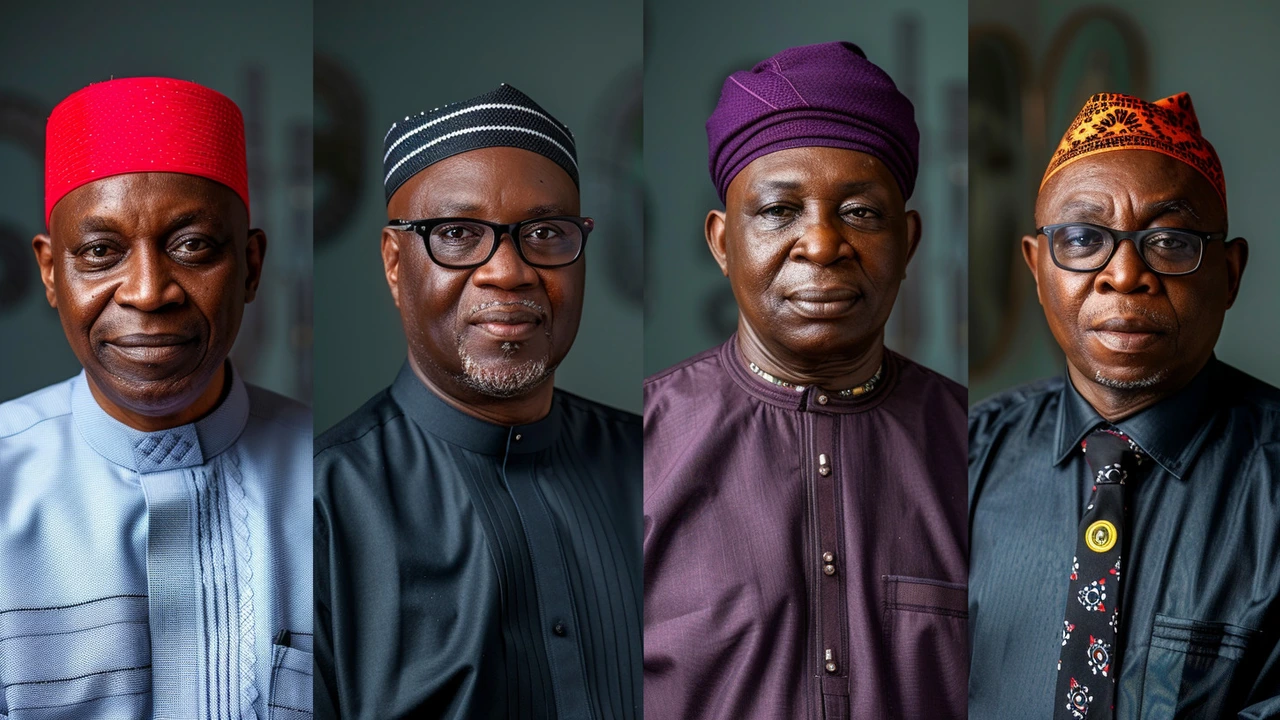Understanding Labor Negotiations: A Practical Guide
Labor negotiations are the backbone of how workers and employers settle on job terms, like pay, hours, and working conditions. Whether you're part of a union or just curious about how these talks influence your job, it helps to know the basics. These discussions can be tense but are crucial for keeping workplaces fair and functional.
At its core, labor negotiation involves workers (usually represented by unions) and employers coming to the table to hammer out a deal. Both sides bring their demands and concerns — employees may want better pay or safer working conditions, while employers focus on budgets and keeping their operations running smoothly. The goal? Find common ground where both sides feel respected and heard.
Why Do Labor Negotiations Matter So Much?
Negotiations affect millions of workers and have a huge impact on business health. When done fairly, they boost morale, increase productivity, and reduce conflicts. Imagine a company where workers feel their voices count and standards are clear — it’s a better place for everyone. On the flip side, if negotiations break down, strikes or work stoppages can happen, which disrupt everything, from customers to overall economy.
It's also about balancing power. Without negotiations, workers might have little say over tough conditions. These talks give them a collective voice that can push for real changes. And employers who listen often find it’s easier to keep good staff and avoid costly turnover.
How Do Labor Negotiations Usually Work?
Typically, talks start with each side presenting their wants. Then, through back-and-forth discussions, they narrow down the issues. Sometimes, they bring mediators or arbitrators to help if talks stall. This process can take days, weeks, or longer, depending on how complex the issues are.
Remember, it’s not just about money. Negotiations may cover benefits, safety rules, training, and even workplace culture. The agreements reached are often documented in a contract that guides the working relationship for years to come.
So next time you hear about labor negotiations, think about the real impact behind those meetings. It’s where workers and bosses shape the daily reality for thousands, making decisions that ripple far beyond the boardroom.
Negotiations Heat Up Over Sustainable Minimum Wage as Nigerian Labor Unions Propose N615,000
In Nigeria, ongoing discussions between labor unions and the Nigeria Governors' Forum (NGF) revolve around setting a sustainable minimum wage. Labor organizations like NLC and TUC have proposed a new wage of N615,000, with the NGF assessing fiscal capacities for compliance.
More
